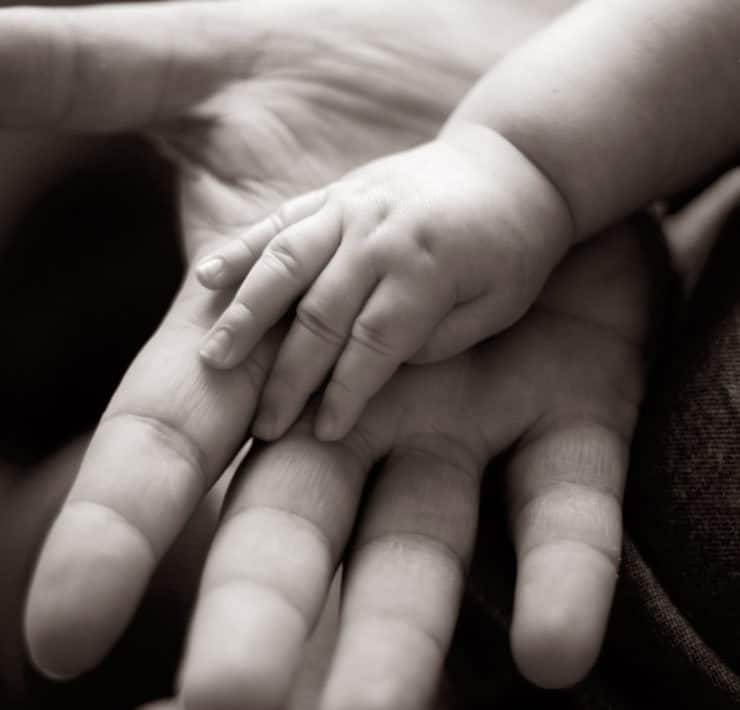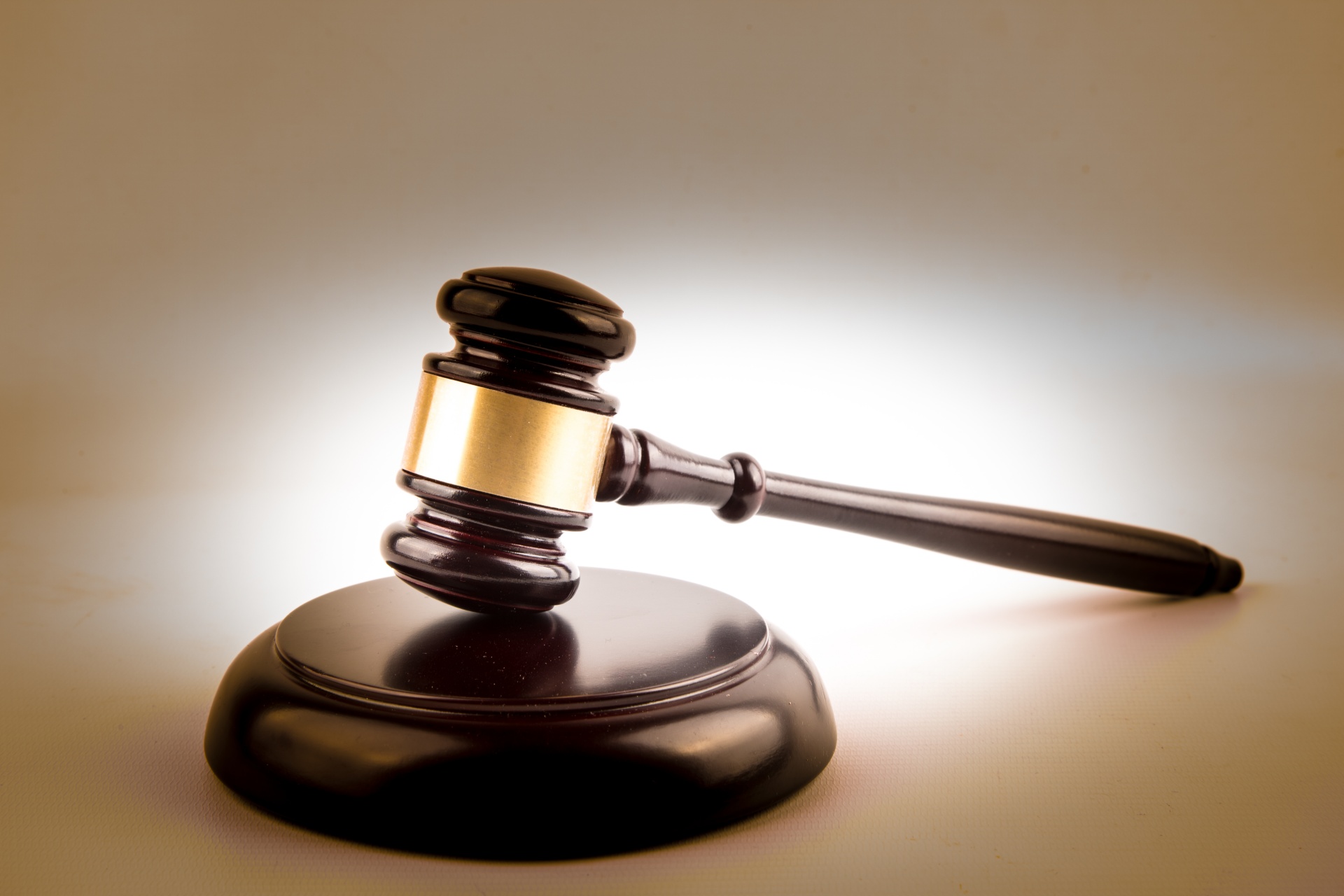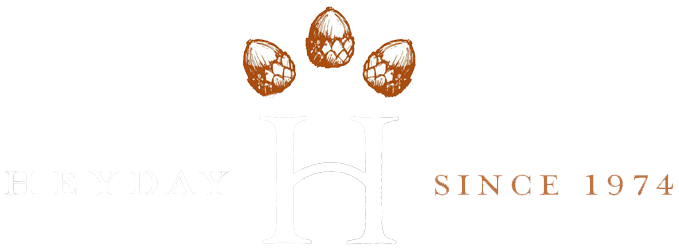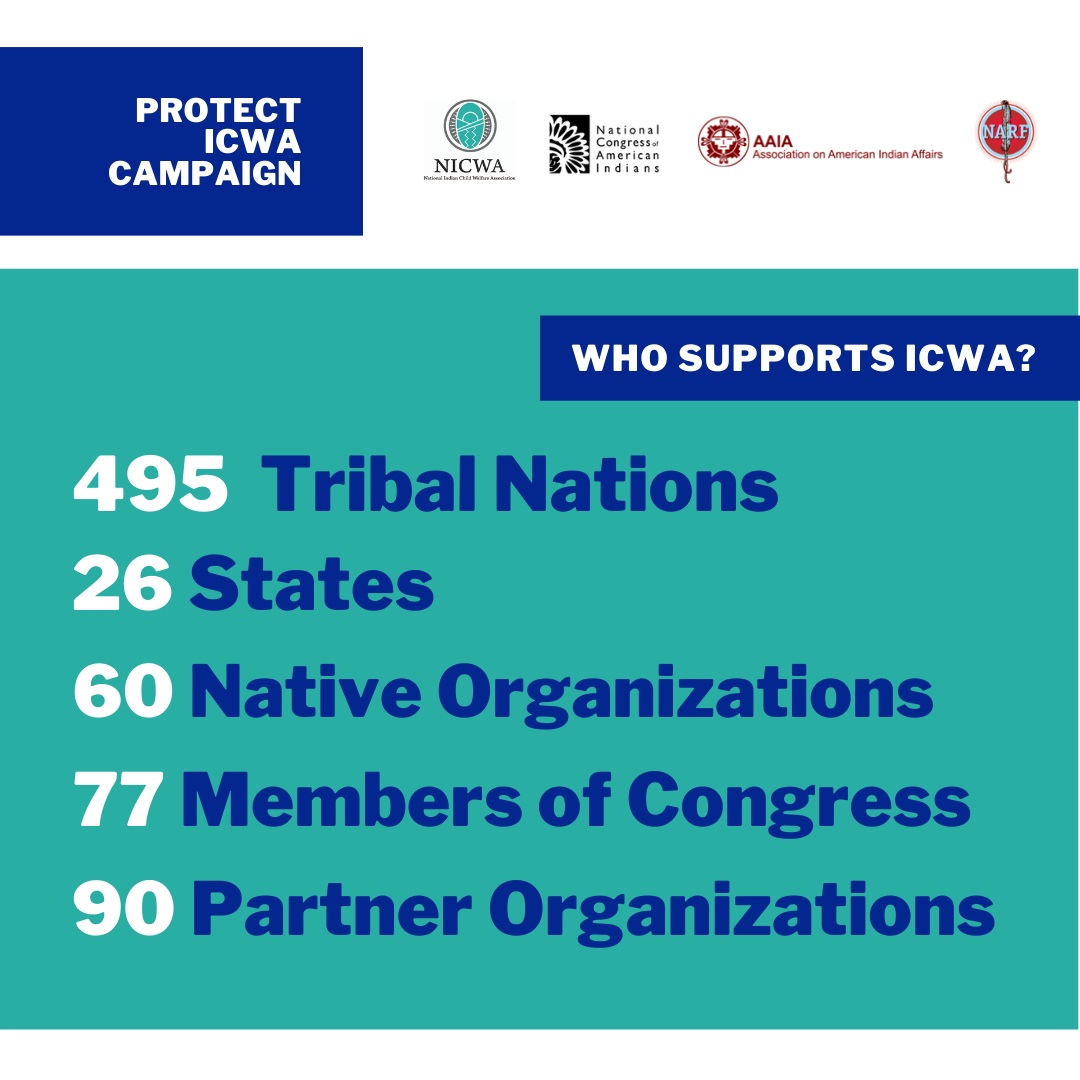
IT’S BETTER WHEN WE’RE TOGETHER
Upholding the Indian Child Welfare Act
By Jeanne Ferris
Discretion advised: possible triggering content.
An economic trade as old as the seven sacred mountains on our planet is called human trafficking. Children, the least powerful in the ages of history, have been often used as pawns by desperate parents in custody battles, as barter for debt, manual labor, in exchange for food, or to strengthen alliances through an arranged marriage—still considered legal in some countries.
Sometimes illegal abductions have occurred to fulfill an unwitting childless couple’s application. Furthermore, private adoption agencies in their many incarnations, particularly in the US, have a long history of acquiring babies illegally.
“Private adoption agencies are highly unregulated,” said David Simmons, National Indian Child Welfare Association’s (NICWA) Director of Government Affairs and Advocacy. “Adoption is for children who need homes, not for children who have homes. Additionally, ICWA (Indian Child Welfare Act) lessens the trauma of removal by placing Native children with family.”
In Indian Country, more than a third of Native children were and continue to be more likely to enter the foster care system than any other minority, which became a prominent “industry” with private adoption agencies after the shutdown of Indian boarding schools during the Great Depression.
Today, the US Supreme Court is reviewing a case (Brackeen v. Haaland renamed on June 15, 2021) regarding the Indian Child Welfare Act (ICWA), a law since 1978 that prioritizes placing Native children with extended family before placing them in the foster care and adoption proceedings. Children from the Navajo Nation are at the center of lawsuits threatening the ICWA’s legal structure of forty years. The plaintiffs are using the court system to adjudicate their cases in hopes of overthrowing ICWA.
“If [this case was] voted democratically, they [the plaintiffs] would lose,” Rebecca Nagle said. Ms. Nagle, a citizen of Cherokee Nation, hosts an award-winning documentary podcast, “This Land.” A self-described Indigenous activist, she keeps a close watch on the ICWA legal proceedings. “In looking at the timeline of the filings, the Brackeens had already won the custody suit but filed this lawsuit against ICWA anyway.”
Why? Because the plaintiffs now want the sibling who lives with the grandmother of the Native child they just adopted. Who is behind this expensive lawsuit? Two words: Goldwater Institute.
Ironically, decedent Senator Barry Goldwater was an advocate for ICWA in its infancy. “I knew Barry Goldwater–he was my friend and often came to me for advice on most tribal matters. I wish he were alive to see this travesty because he would never approve of [the current attacks on ICWA] and you can quote me on that and make sure you emphasize the word ‘never,'” —Senator James Abourezk. (From the National Indian Child Welfare Association website.)
Yet, his namesake, the Goldwater Institute, has become a conservative and libertarian public policy think tank located in Phoenix. Their stated mission is “to defend and strengthen the freedom guaranteed to all Americans in the constitutions of the United States and all fifty states,” and “are actively pursuing a federal lawsuit to attack ICWA.” (Their words.)
This attack directly violates the US Constitution and its recognition of tribal sovereignty. So please explain how this is “strengthening the freedom of all Americans”?
The following is also from their website:
“Alongside our state-based ICWA litigation, the Goldwater Institute brought a federal class-action lawsuit on behalf of children across Arizona who are subject to ICWA, arguing that it is an unconstitutional form of racial discrimination that harms at-risk kids. That case is now pending in the 9th Circuit. In the meantime, we’ve joined with Attorneys General in Ohio, Texas, Indiana, and Louisiana to bring similar cases in state and federal courts across the country, and have published path-breaking scholarship on the ways ICWA harms Indian kids.”
Undoubtedly, Senator Goldwater is in the afterworld shaking his head in disappointment.
Tribal sovereignty in its unique status of dual citizenship within the US that predates the formation of the US, once again, defends its laws in providing fair and unbiased treatment for Native children. The Brackeen case undermines and threatens all federal, tribal laws which exist today.
The Cato Institute is also a libertarian think tank headquartered in Washington, DC. that filed federal lawsuits against ICWA on the premise that ICWA is racist and infringes on the constitutional rights of Native children and their parents.
Delia Sharpe (Executive Director for California Tribal Families Coalition) and Jed Parr (Directing Attorney in Sacramento for California Indian Legal Services) have written a lengthy response to these federal lawsuits.
The following paragraphs are excerpts from their response:
“From Alaska Governor Bill Walker, to social services advocates, to tribes nationwide, the ruling has generated a wave of support for ICWA, and vows to defend the 40-year-old law which has helped reverse decades of culturally abusive practices. Tara MacLean Sweeney, the Assistant Secretary for Indian Affairs of the Department of the Interior (a defendant in the Texas case), has already stated that the agency, ‘strongly opposes any diminishment of ICWA’s protections for Indian children, families and tribes.'”
“We urge all tribes and child welfare advocates to do the same, and to share their stories of cases where ICWA has made a positive difference for Indian families. These stories seldom get as much media traction as the ones lamenting the law’s application, but those of us who practice in the field know the widespread success ICWA has had in keeping children connected to their tribal communities.”
There are four hundred and ninety-five tribal nations, 26 states, 60 Native organizations, 77 members of Congress, and 90 partner organizations that stand behind ICWA. Of course, it’s better when we’re together as a family, as a community, as a nation and in a perfect world—as one planet.
But, most importantly, ICWA is a best practices statute that is considered the “gold standard” in child welfare policy and practice by a coalition of 18 national child advocacy organizations and other non-Native experts in the field.
According to NICWA, ICWA ensures that voluntary adoptions are genuinely voluntary. In addition, it disincentivizes adoption deals that fall outside of accepted standards of practice.
A transracial adoptee of the 1960s by a white couple, Susan Harness, is a Salish and Kootenai descendent, lived only 50 miles from her birth family before reuniting in adulthood. She published her autobiography in 2018, “Bitterroot: A Salish Memoir of Transracial Adoption.”
Speaking at a TEDx talk, she offered a few gems, “I wanted to find the people who looked like me. I was tired of being the only brown person where I lived.” Her defining moment in childhood as a Native person was described by a neighbor in a white community: “She’s an apple, red on the outside and white on the inside.” In summation as a Native child adopted by non-Native parents, Ms. Harness added, “Adoption is a super generosity. Colonizing and systemically erasing a culture is not a good reason to adopt.”
Spirit willing, may the Brackeen v. Haaland verdict endorse ICWA.
HOW CAN I SUPPORT ICWA?
- Contact your local newspaper and write a letter campaigning for ICWA.
- Contact local media and advocate for ICWA.
- Talk with local, tribal, and state leadership to gain public support for ICWA.
- Contact NICWA.org for training and advocacy; be the point person for educators and leaders.
- Ask yourself, “Who do I know that can help and support?”
- Contact your favorite social issues podcast program.
- Post often on social media: Instagram, Facebook, Twitter, TikTok, YouTube. Use #proudtoprotectICWA and explain why it’s crucial. Protect ICWA Campaign Stands with Indian Children and Families
- See NICWA.org for Social Media Toolkit under Protect ICWA Campaign Resources
PARTNER ORGANIZATIONS THAT SUPPORT ICWA INCLUDE:
Association of American Indian Affairs
California Indian Legal Services
California Tribal Families Coalition
Native American Journalists Association
Native American Rights Fund
National Congress of American Indians
National Indian Child Welfare Association
WHERE CAN I GO FOR THE LATEST UPDATES REGARDING ICWA?
National Indian Child Welfare Association/Latest News
Native News Online
Indian Country Today

